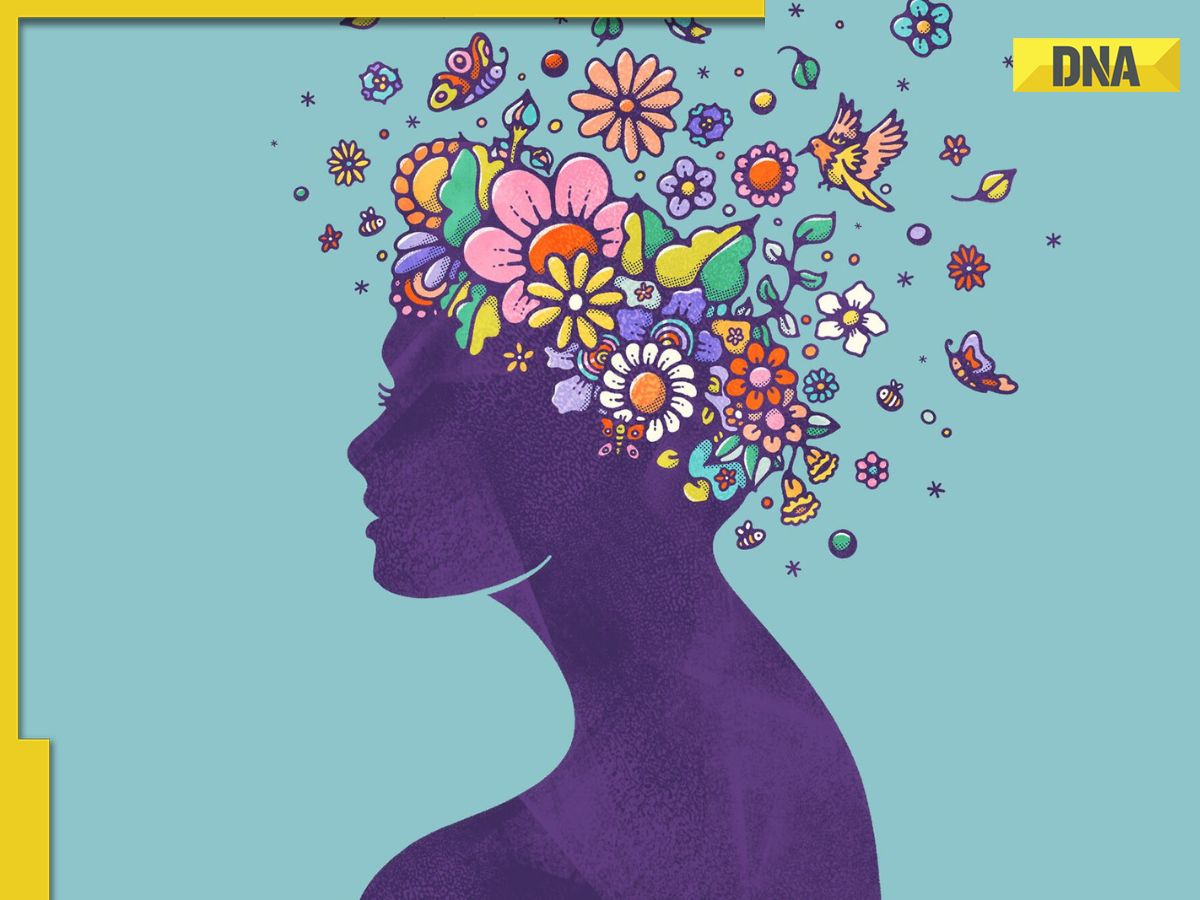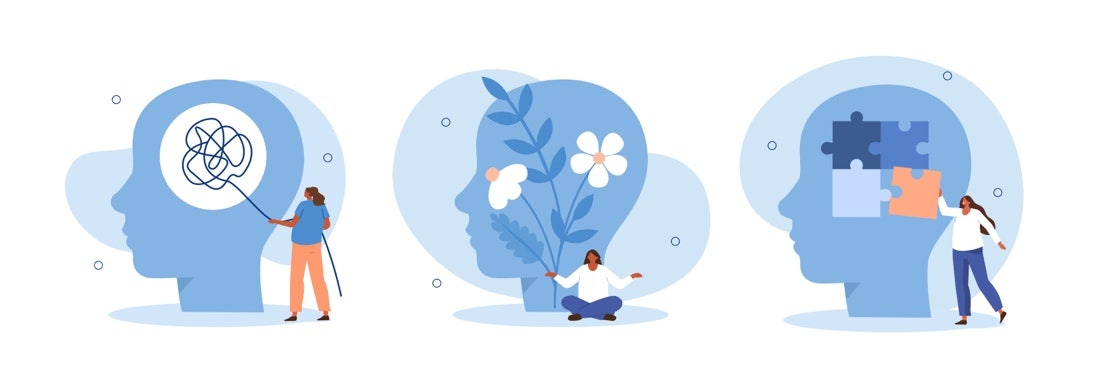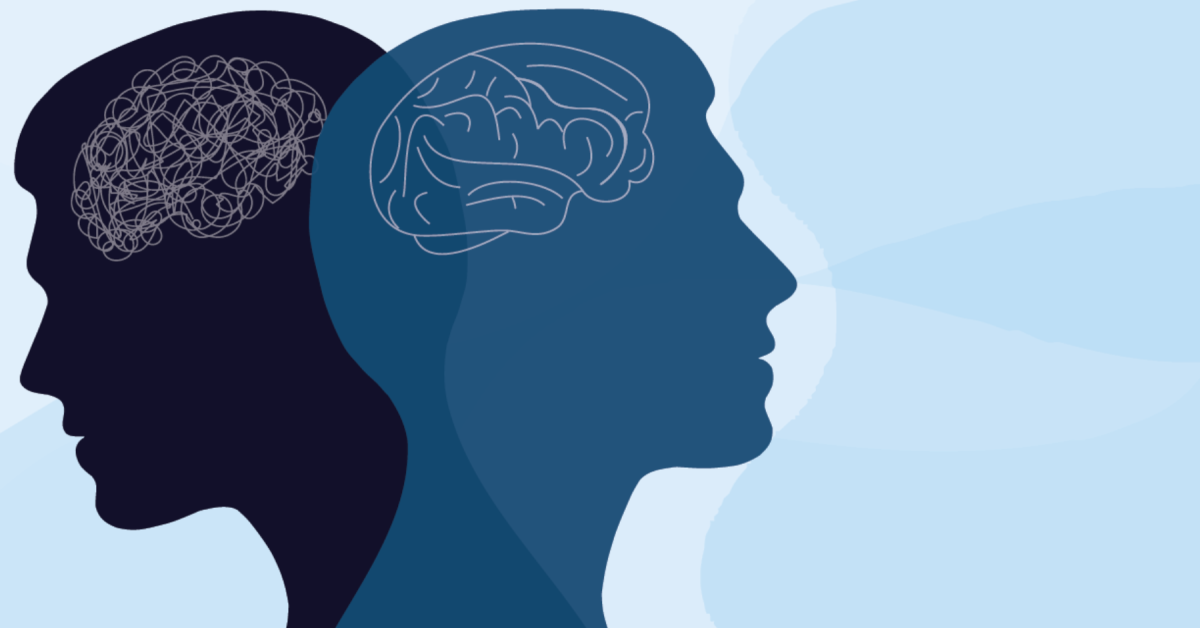Comprehensive Inpatient Mental Wellness Providers for Effective Treatment
Inpatient mental health solutions stand for an essential component of the medical care system, offering a organized and intensive environment for people experiencing severe emotional distress. Exploring the subtleties of this continuum exposes substantial implications for both individual recovery and broader psychological health and wellness end results.
Recognizing Inpatient Mental Wellness Services
Inpatient psychological wellness solutions supply crucial assistance for people experiencing serious emotional distress that can not be taken care of efficiently in an outpatient setup. These services are made to offer an intensive level of treatment in a structured atmosphere, typically within a healthcare facility or specialized facility. People admitted to inpatient programs commonly show severe signs and symptoms, such as self-destructive ideation, severe anxiety, or psychosis, demanding day-and-night tracking and intervention.
The admission procedure generally entails a thorough assessment by psychological health specialists, that examine the person's psychological state, history, and instant demands. When admitted, patients participate in a variety of therapeutic methods tailored to their specific demands, including medication administration, private treatment, and group sessions. This alternative strategy intends to maintain the patient's condition, advertise safety, and foster coping abilities.
Inpatient mental health and wellness services not only address immediate wellness issues however additionally act as a bridge to recurring treatment. By offering a regulated atmosphere, these solutions facilitate the advancement of treatment plans that can be proceeded in outpatient setups, hence ensuring a continuum of treatment and boosting long-lasting end results for individuals with complicated psychological health requirements.
Secret Components of Effective Treatment
Efficient therapy in inpatient psychological health and wellness solutions comprises a number of key parts that cultivate recuperation and stabilization. Firstly, an extensive analysis is important to identify the person's specific needs and obstacles. This analysis educates the growth of a tailored therapy plan, which functions as a roadmap for treatment.
One more critical component is the multidisciplinary team approach. Partnership amongst psychoanalysts, psychologists, registered nurses, and social workers ensures that various viewpoints add to the individual's care, boosting the performance of therapy. Evidence-based healing techniques, such as cognitive-behavioral therapy (CBT) and dialectical habits treatment (DBT), are additionally important, giving organized techniques that deal with maladaptive thought patterns and behavior issues.
)
Lastly, a concentrate on aftercare preparation is important to make certain a seamless change to outpatient services, minimizing the threat of relapse and advertising long-lasting health. These cumulative components create an efficient treatment framework within inpatient mental health and wellness services.
Advantages of Comprehensive Care

Detailed care in inpatient mental health services uses various advantages that considerably boost person end results. One of the key benefits is the holistic approach to therapy, addressing not only the mental signs and symptoms yet likewise the physical, social, and psychological needs of individuals. This detailed analysis allows for tailored interventions check my source that advertise total well-being.
Another advantage is the combination of multidisciplinary teams, which cultivates collaboration among healthcare professionals. This collaborative setting makes sure that clients get collaborated treatment, decreasing the risk of fragmented therapy and improving communication amongst caregivers. Extensive treatment facilitates continuity of solutions, allowing for smooth changes from inpatient to outpatient settings, which is important for long-term recuperation.

Lastly, the organized environment of extensive inpatient treatment supplies a risk-free area for individuals to engage in healing activities, helping them establish coping approaches and durability. Jointly, these benefits contribute to extra effective treatment and boosted high quality of life for individuals experiencing mental wellness crises.
Evidence-Based Restorative Approaches
In the world of psychological health therapy, evidence-based restorative strategies play a vital role in making sure that people obtain reliable and clinically supported interventions. These methods integrate the most effective offered research study with clinical experience and individual worths, promoting a tailored therapy experience that addresses individual requirements.
Cognitive Behavior Modification (CBT) is just one of the most widely identified evidence-based methods, concentrating on determining and transforming adverse thought patterns and habits. This organized method has shown effectiveness in treating conditions such as anxiousness, depression, and ptsd. Dialectical Behavior Therapy (DBT) is specifically reliable for people with borderline individuality problem, stressing the growth of psychological regulation and social performance abilities.
Additionally, drug monitoring is typically an integral component of evidence-based therapy, as psychotropic medicines can ease symptoms and boost overall functioning. Joint treatment versions, which include multidisciplinary teams, even more improve the efficacy of inpatient solutions by making certain thorough evaluations this hyperlink and continual tracking.
Eventually, the combination of evidence-based therapeutic techniques not just advertises favorable scientific end results yet also equips people, fostering a sense of firm and strength in their psychological health and wellness journeys.
Transitioning to Outpatient Assistance
The transition from inpatient mental wellness solutions to outpatient assistance notes a crucial phase in an individual's recuperation journey. This duration requires careful planning and coordination to make certain connection of care and to mitigate the dangers of relapse or dilemma. Effective discharge planning must commence early in the inpatient stay, including a multidisciplinary group that includes psychoanalysts, psychologists, registered nurses, and social employees.
Crucial element of an effective change include the growth of a thorough aftercare plan customized to the individual's particular needs. This plan must outline follow-up consultations, medicine administration, and healing treatments, in addition to identify area sources and assistance groups that can promote ongoing recovery.
Additionally, individual and family education is essential throughout this stage. Comprehending the indications of potential setbacks and the value of adhering to treatment can empower patients and their support group.
Regular follow-up and review of the outpatient plan are crucial to attend to progressing challenges. By fostering a joint relationship between outpatient and inpatient providers, the possibility of sustained healing rises, inevitably improving the individual's lifestyle and decreasing the threat of readmission.

Verdict
In summary, detailed inpatient mental health and wellness solutions use an essential structure for dealing with extreme mental distress via a multidisciplinary method. Ultimately, such comprehensive care is vital for long-lasting psychological health and wellness.
The admission process generally involves a comprehensive assessment by mental health and wellness experts, who assess the person's psychological state, background, and prompt demands.Reliable treatment my company in inpatient mental health solutions makes up several vital parts that foster recovery and stablizing.Thorough care in inpatient mental health solutions uses numerous benefits that dramatically improve individual outcomes.The shift from inpatient psychological health and wellness services to outpatient support notes a crucial stage in a patient's recovery trip.In summary, comprehensive inpatient mental wellness solutions use a vital structure for addressing extreme emotional distress through a multidisciplinary technique.